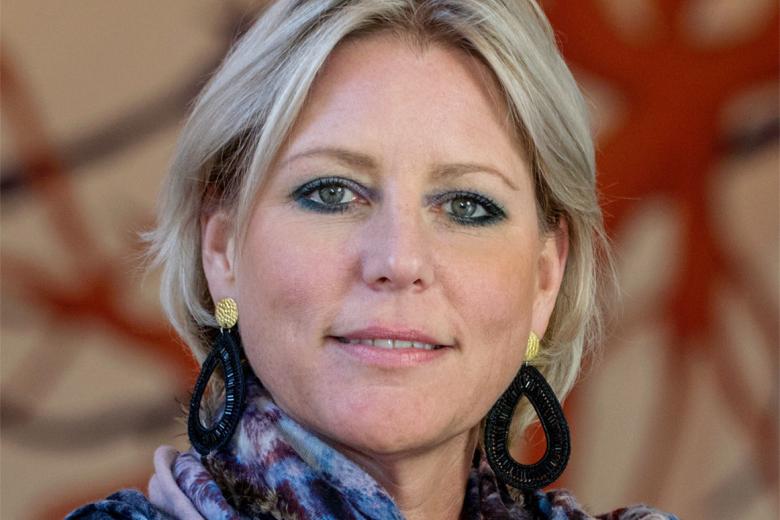Maastricht Study data mismatch for bone density measurement
For two months in 2019, an error took place in a link between personal data and bone density measurements in the Maastricht Study. As a result, 105 of the 189 participants in the scientific study were incorrectly informed and advised about their degree of bone fragility. All those involved have been informed and offered a new bone density scan.
The Maastricht Study is a large-scale study from Maastricht UMC+ which examines the prevalence, causes and treatment of type 2 diabetes, cardiovascular disease and other chronic conditions among the population of southern Limburg. Participants apply to take part in the study voluntarily. In a standard part of the study, people receive a so-called DEXA-scan in which bone density is measured and possible osteoporosis is detected. Osteoporosis can lead to bones fracturing easier, and appropriate preventive measures should be taken to avoid this risk. The data mismatch only concerns those who had bone density measurements in the months of May and July 2019. It does not apply to other participants and studies within the Maastricht Study.
Advice
If osteoporosis is diagnosed during the Maastricht Study, advice on exercise and nutrition is given in accordance with the national guidelines. If the osteoporosis is mild, calcium and vitamin D are recommended. In case of severe osteoporosis, the Maastricht Study advises the participant to contact their general practitioner to possibly start treatment with specific osteoporosis medication, so-called bisphosphonates. Although the advice was based on incorrect data, in 84 of the 189 cases it was appropriate to the degree of osteoporosis. Unfortunately, 105 people received the wrong advice. Over the past few days, everyone involved has been informed and offered the opportunity to have another bone scan.
Reporting
The error in the data system has been reported to the Inspectorate of Education, the Personal Data Authority and the Ministry of Education, Culture and Science. Professor Coen Stehouwer, who is responsible for the Maastricht Study, deeply regrets the data mismatch: ‘When we first heard about the possibility of an error, we immediately started investigating and found a two-month period in 2019 during which the data entry was incorrect. Incidentally, even before we were aware of this error, we switched to a new way of processing data in 2020, which means that such a linking error can no longer be made. For the research participants involved, it is of course extremely unfortunate that they may have received the wrong advice. Especially for those who could have started medication in 2019 to slow down the process of osteoporosis. As far as we can tell at the moment, and we have spoken to almost all the participants, it has had virtually no adverse physical effects. We have started an investigation into the structure and method of data entry in order to be absolutely sure that such mistakes are not made again.’
Nota bene
Follow-up research is being conducted into the data processing in the Maastricht Study. The Maastricht Study data is part of an autonomous system with no links to other studies or medical files. Therefore, the data error cannot have affected other systems or patient files at Maastricht UMC+. All those involved find the incident extremely regrettable and apologise for the confusion and unrest it may have caused the participants in the Maastricht Study.
Also read
-
Steel tariffs explained: Why is the EU doubling them — and at what cost?
The EU announced last week that it would double its tariffs on steel to 50 percent, bringing them in line with US levels. Studio Europa Maastricht spoke with Mark Sanders, Associate Professor of International Economics at Maastricht University about the latest developments surrounding the increase...

-
Professor Frederik-Jan van Schooten receives MUMC+ honorary medal
Frederik-Jan receives the medal for his exceptional contributions to early detection of diseases and a safer living environment.

-
ERASMUS+ - free movement of ideas and skills
Under ERASMUS+, the European Commission's mobility programme for education and training, UM sends and receives more students than any other Dutch university. President Rianne Letschert on her own ERASMUS experience, the benefits of leaving your comfort zone, and being inspired by different...
